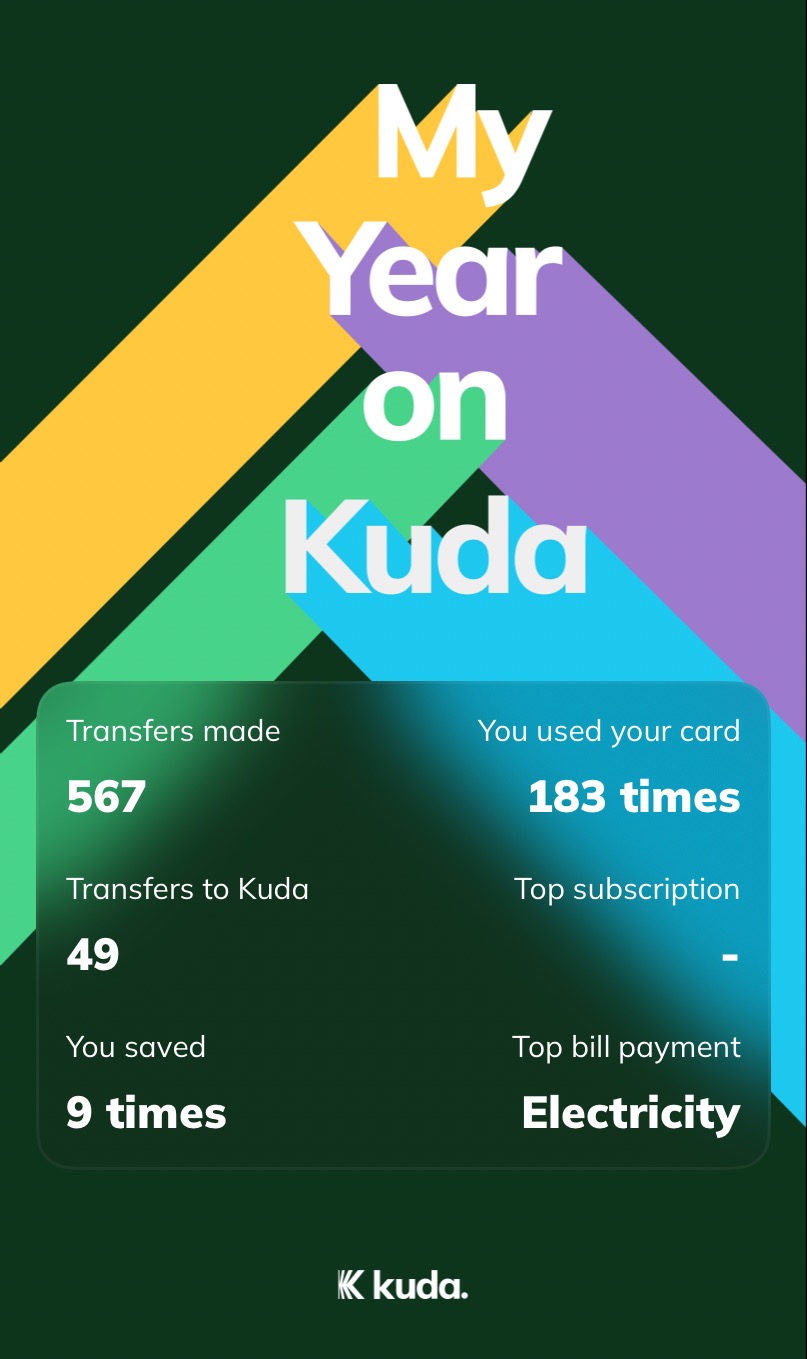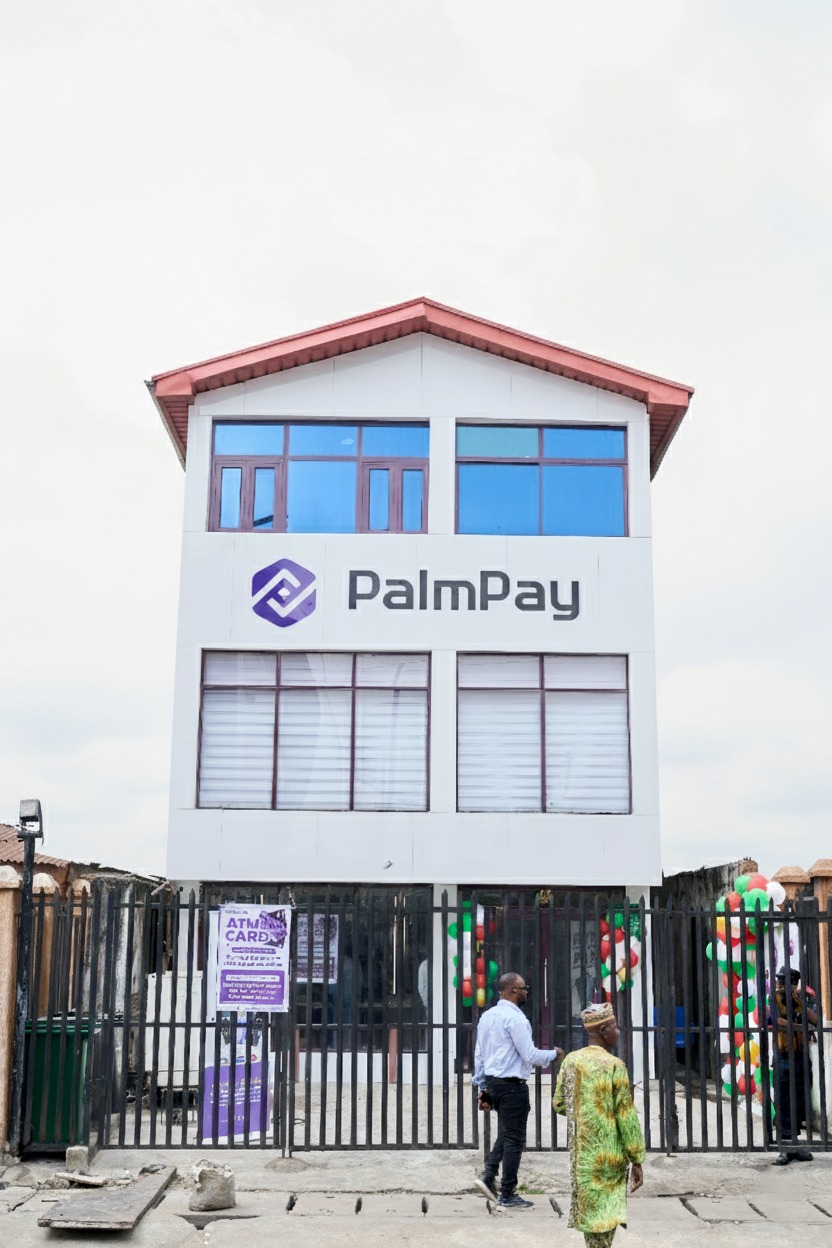Chasing Jackpots, Losing Futures: Nigeria’s Fintech-Fueled Betting Boom
BY CHIMEZIE ODIONYE

Across Nigeria, millions of young people are caught in the grip of a relentless gambling epidemic, driven by the seductive promise of instant wealth through digital betting platforms.
Fueled by cutting-edge fintech solutions and pervasive marketing, online gambling has woven itself into the daily lives of the nation’s youth, transforming smartphones into gateways for addiction. Economic desperation, soaring unemployment, and a lack of viable opportunities have created a perfect storm, pushing young Nigerians to view betting apps as a lifeline out of poverty. Yet, this digital gamble, largely unregulated and amplified by technology, is eroding not only individual dreams but also the nation’s social and economic future.
The scale of Nigeria’s gambling epidemic is staggering. Reports estimate that around 60 million Nigerians place real-money bets daily, and the betting industry generates billions in revenue annually. The proliferation of smartphones and fintech platforms has made gambling as easy as a few taps on a screen. Apps like BetNaija and 1xBet offer user-friendly interfaces, instant deposits via mobile money, and enticing bonuses that draw users with promises of life-changing wins. The removal of fuel subsidies in 2023 and soaring inflation have intensified economic pressures, leaving young Nigerians, many unemployed or underemployed, vulnerable to the illusion of gambling as a path out of poverty. From urban centers to rural communities, betting kiosks and smartphone screens have become fixtures. Young men and women analyze odds instead of job prospects, and children as young as 10 are familiar with terms like “stake” and “sure odds.”
Fintech’s role in this epidemic is pivotal. Nigeria’s fintech sector, a leader in Africa, has revolutionized financial inclusion, enabling millions to access banking services through mobile apps. However, this same infrastructure has made gambling dangerously accessible. Platforms integrate with mobile money services like OPay and PalmPay, allowing users to fund bets instantly, often without initial deposits thanks to promotional bonuses advertised on betting sites. These bonuses create a false sense of low-risk, high-reward opportunities, particularly for youth who see no other route to financial stability. Aggressive marketing, with gambling ads appearing everywhere from TV Ada, social media, online banking platforms to Bible apps and massive billboards, has normalized betting as a legitimate income strategy, especially among students and young professionals. The ease of 24/7 access, combined with a lack of robust regulation, ensures that the odds remain stacked against users, many of whom spiral into debt and addiction chasing elusive wins.
Systemic failures exacerbate this trend. Economic hardship and a lack of job opportunities leave young Nigerians with few alternatives to gambling as a perceived solution to financial woes. The normalization of betting, embedded in pop culture through sports sponsorships and entertainment, further masks its destructive impact, making it a public health issue disguised as a personal choice. Unlike regulated industries, the gambling sector exploits this vacuum, targeting vulnerable youth with relentless advertising and easy access. The absence of systemic support, from employment programs to mental health services, leaves young people exposed to an industry that thrives on their desperation.
The consequences of this digital gambling epidemic are profound. Financially, individuals and families face ruin as savings are squandered on bets, and some resort to borrowing and crime to fuel their addiction. Mentally, the toll is severe. Compulsive gambling leads to anxiety, depression, and, in extreme cases, suicide, yet Nigeria’s underfunded mental health system offers little support. Socially, relationships erode as addiction undermines trust and stability, and families bear the brunt of financial devastation. Many prioritize gambling over honest labour and noble investments, further weakening Nigeria’s future workforce. The societal cost is a generation distracted from productive pursuits, trapped in a cycle of false hope and loss.
To curb this epidemic, Nigeria must act decisively on multiple fronts. The National Lottery Regulatory Commission, established under the National Lottery Act of 2005, must enforce stricter regulations, including age limits, betting caps, and mandatory responsible gaming education, while cracking down on predatory marketing. The National Orientation Agency (NOA) should lead nationwide public awareness campaigns, partnering with schools, community leaders, and media to reframe gambling as a public health issue and educate youth about its risks. The Ministry of Health must prioritize mental health infrastructure, developing addiction recovery programs and counseling services to address the psychological fallout. Nigeria should also establish a Centre for Responsible Gambling, modeled after successful initiatives in South Africa and Gibraltar, to conduct research, provide support for addicts, and advocate for ethical industry practices. Economic reforms are equally critical to tackle the root causes, poverty and unemployment, that drive youth to gambling. By creating job opportunities and improving economic prospects, Nigeria can offer its youth viable alternatives to betting’s false promises.
Nigeria’s digital gambling boom, powered by fintech and unchecked by regulation, is a gamble the nation cannot afford to lose. The youth, who represent Nigeria’s greatest asset, are being ensnared by an industry that exploits their desperation and dreams. The government, industry, and society must unite, with the NOA and Ministry of Health at the forefront, to curb this epidemic and ensure that technology empowers rather than exploits. The establishment of a Centre for Responsible Gambling would mark a critical step toward sustainable change, offering a framework to protect vulnerable youth. The challenge is to create a future where young Nigerians can invest in their potential through opportunity, not chance. The time for action is now, before another generation is lost to the seductive glow of a digital jackpot.
-Chimezie Odionye is a Lecturer and Research fellow. He writes from Nsukka, Enugu State. Email: chimezie.odionye@unn.edu.ng
















